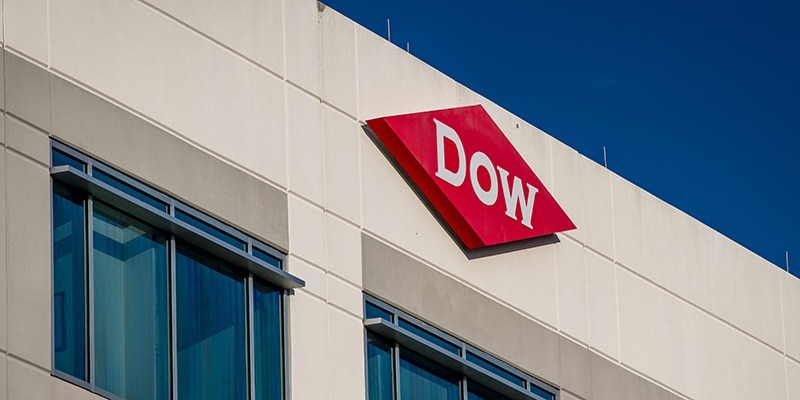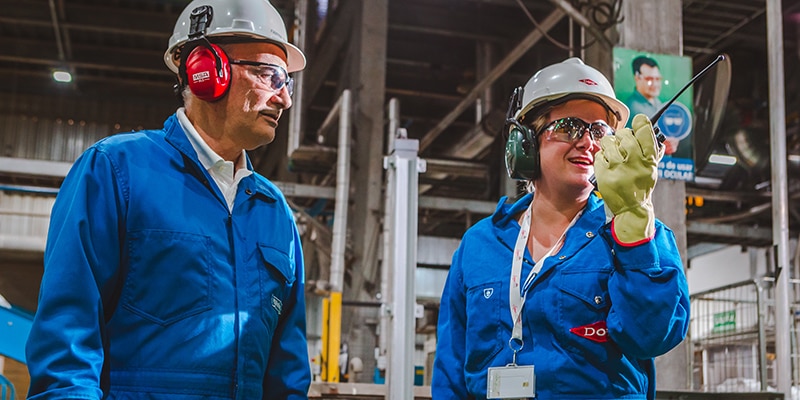(1941-1959)


Learn how we make the world a better place as Team Dow. Through respect and integrity, we lead with our core values and innovative spirit to create more sustainable materials science solutions for everyone.

Discover how we’re accelerating positive change around the world. From climate protection and creating safer materials to our focus on global citizenship and inclusion, diversity and equity, Team Dow is making a difference in the communities where we live and work.

Find the latest press releases, news updates, awards and achievements from Dow and stay connected on the impact we’re making in the world.

Explore key collaborations and why we make partnership our passion. Through initiatives and sponsorships, we can work together to create a more positive impact for all.

Team Dow makes us one of the most innovative, customer-centric, inclusive and sustainable materials science companies in the world. Find opportunities to join Dow in a capacity that works best for you.

WWII and the Rise of Petrochemicals
Dow’s Depression-Era Strategies Pay Off
During World War II, the research that Willard H. Dow invested in during the Depression resulted in handsome rewards. One of Dow’s first wartime contracts was with the British, who desperately needed magnesium. Dow produced some of this metal at its new plant in Freeport, Texas, which extracted magnesium from seawater. Dow’s production of magnesium became important in fabricating lightweight parts of aircraft. Wartime needs also accelerated the research and production of plastics.
After WWII, Dow had to adapt to the postwar economy. For example, STYROFOAM™ extruded polystyrene, developed as a floating device for the U.S. Coast Guard, was produced globally for thousands of uses, including energy-saving insulation. Dow’s product line was extensive and included chemicals used in almost every conceivable industry. Bulk chemicals accounted for 50 percent of sales and plastics accounted for 20 percent of sales, while magnesium, pharmaceuticals and agricultural chemicals each accounted for 10 percent of sales.
“There is always room out in front, room for all without crowding, and work for generations to come.”
– Willard H. Dow, president of Dow
1942 | Dow’s first international expansion begins with Dow Chemical Canada, Ltd. |
1943 | Dow and Corning Glass form Dow Corning, a joint venture to create silicone products. |
1947 | Dow establishes Brazos Oil & Gas Co., a subsidiary that produces oil and gas for Dow’s needs and constructs pipelines to carry fuel and feedstock to plants. |
1948 | Plastics reach 20 percent of Dow’s total sales. |
1952 | Dow establishes Asahi-Dow, Ltd. in Japan, its first subsidiary outside North America. |
1953 | Dow introduces Saran Wrap® for household use. |
1959 | Dow Corning Corporation implements technology to manufacture hyperpure polycrystalline silicon to produce materials for computer chips, and the first fully integrated polycrystalline silicon plant is established in Hemlock, Michigan. |
®Saran Wrap and logo are trademarks of S.C. Johnson and Son Inc.